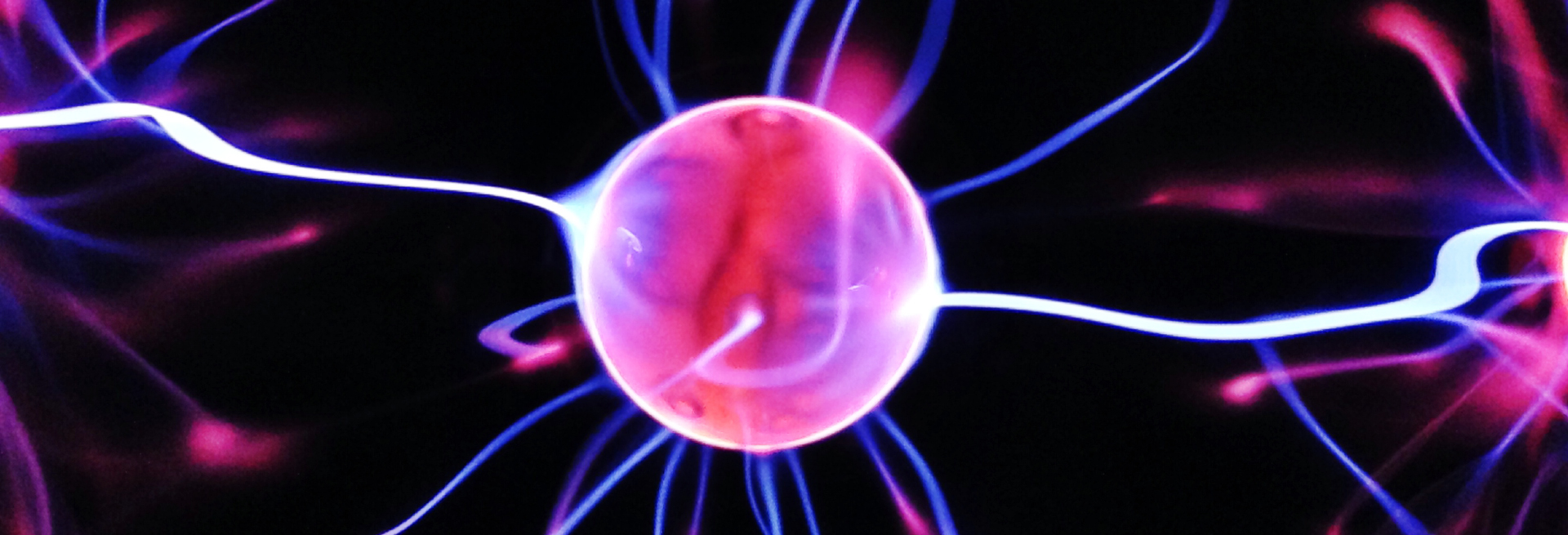
Six faculty members recently joined the FAU Stiles-Nicholson Brain Institute. Their research spans across disciplines from genetics to memory and learning, exercise, harmful toxins and more.
Among the inductees are:

As a research psychologist, Michael DeDonno, Ph.D., studies peoples’ performance in real-life scenarios.
DeDonno, an associate professor of research methodology and integrated medical science in the College of Education and the Charles E. Schmidt College of Medicine, examines cognitive factors, like working memory, which is one of the brain’s executive functions. Working memory is linked to information processing, self-control, flexible-thinking, comprehension and problem-solving. It can also influence decision-making during critical, time-sensitive situations, according to DeDonno.
One of his projects looked at the influence of working memory on soldiers’ performance during mission critical situations. He discovered that soldiers who could maintain more information in working memory, had higher probabilities for mission success.
Through his research, DeDonno aims to continue to help people learn, work and solve problems during critical or time-sensitive situations.

Behavioral neuroscientist Shaefali Rodgers, Ph.D., studies the impact of exercise on brain health and cognition. As an assistant professor in the Charles E. Schmidt College of Science, her work has the potential to offer insight into mechanisms critical in maintaining brain health, cognition and in the development of more targeted and effective exercise interventions.
Using rodent models, Rodgers discovered that short-term hormone treatment in midlife has long-term effects on voluntary exercise behaviors in females. She’s further looking at how voluntary exercise shapes adolescent brain maturation and helps repair the damaged brain.

The age-old reminder to eat more vegetables is proving to be more than just a parental phrase that could make people healthier, according to Krista McCoy, Ph.D., associate research professor in the FAU Harbor Branch Oceanographic Institute.
McCoy examines how the body reacts to the effects of toxic chemicals and how, with the help of natural supplements like sulforaphane, which is found in some green vegetables, those defenses inside the body can grow stronger. She also strives to better understand how humans and animals are able to be healthy after exposure.
To do this, she works at developing therapies that can help prevent birth defects, diseases and disorders, like autism spectrum disorders.

Dawei Li, Ph.D., an associate professor and director of genomic medicine in the Charles E. Schmidt College of Medicine, researches chronic fatigue syndrome to help find a cure.
Chronic fatigue, a disease involving the immune system and brain currently lacks treatments or remedies, affecting thinking memory and concentration.
Li’s research goal is to develop a genetic program that collects biological information such as deoxyribonucleic acid, and analyzes genetic variations that may lead to diagnosing diseases and treatment for chronic fatigue syndrome.

Alzheimer’s disease, which can rob people of memory, is one of the most common neurodegenerative disorders linked to aging and has no cure.
Maré Cudic, Ph.D., an associate professor in the Charles E. Schmidt College of Science, studies the role of glycans (a molecule in the nervous system involved in memory and learning) in the onset and progression of Alzheimer’s. Changes in the glycan composition can impact the normal functions of cells and lead to the development of several pathologies, including
neurological disorders.
Cudic’s research has found that glycans affect the formation of aggregates in the brain. Since these changes in Alzheimer’s are initiated in the brain long before the clinical symptoms appear, her goal is to develop new early-on diagnostic tools and potentially new therapeutic approaches to help stop this disease in its tracks.

Hongjie Wang, Ph.D., an assistant research professor in the Charles E. Schmidt College of Science and member of the Institute for Human Health and Disease Intervention, studies abnormal proteins that buildup in the brain and are responsible for Alzheimer’s disease.
He specifically looks at the amyloid precursor protein and its metabolic products, which forms bacteria and plaque around brain cells, and limits the communications between brain cells while impairing the learning and memory activities. However, the exact location of the amyloid protein remains unclear, so the process can begin years before symptoms appear. Wang’s research aims to identify the location of the amyloid protein and identify ways to reduce the buildup in the brain.